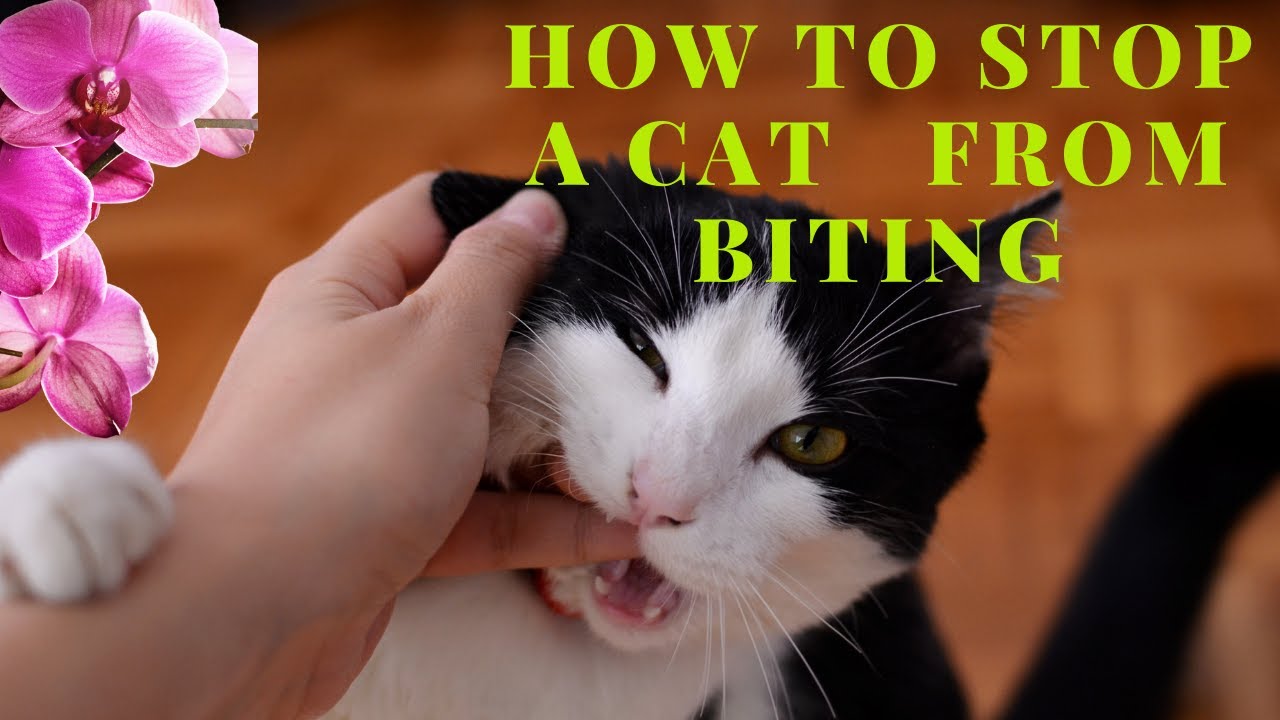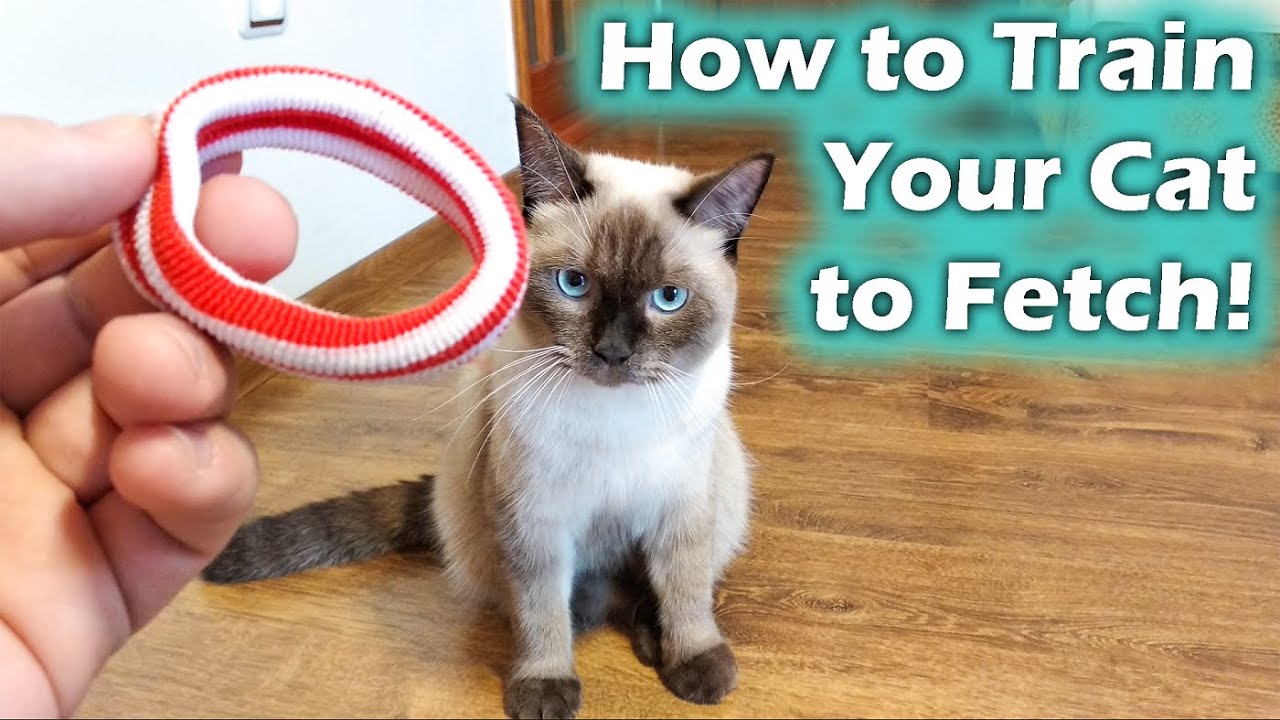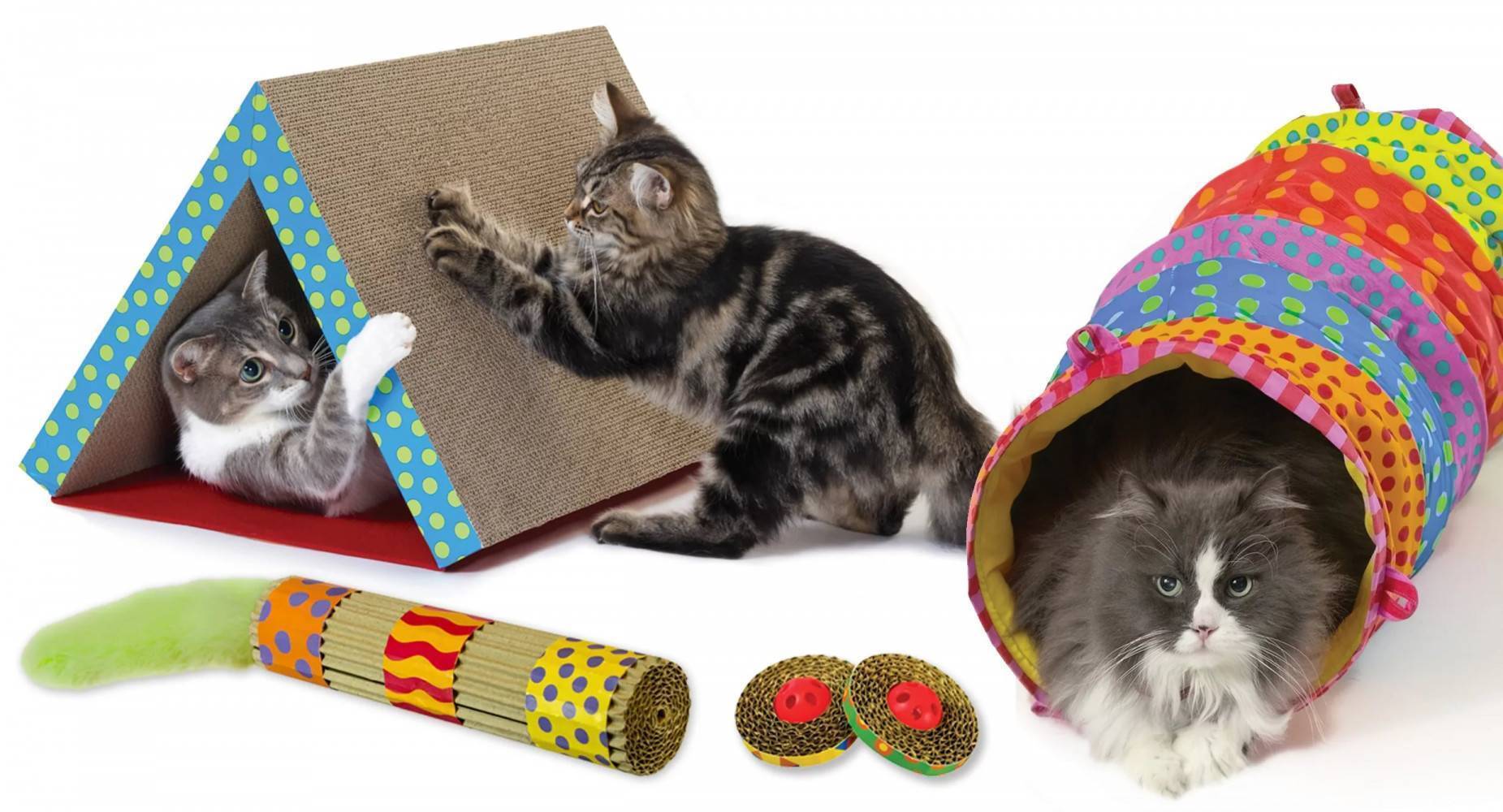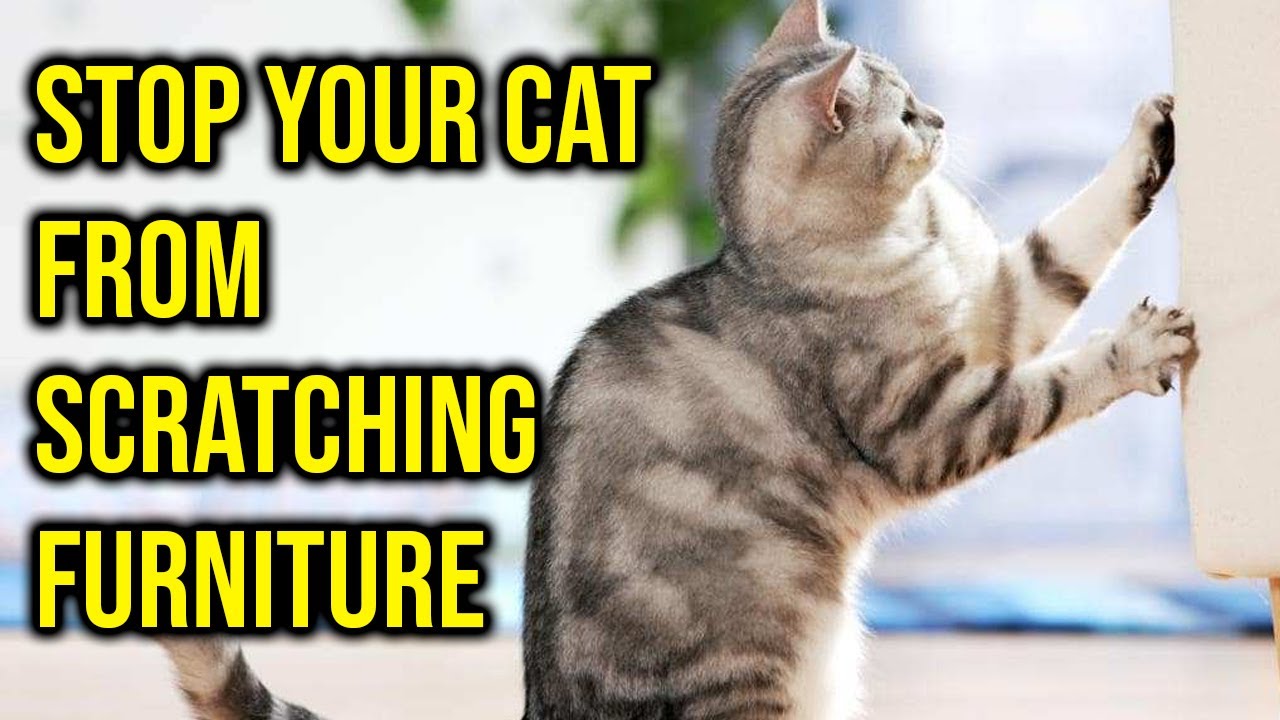Introduction
Cats are beloved pets, but their biting habits can be frustrating and even painful. Whether your feline friend nips during play or attacks aggressively, understanding the root cause is key to solving the problem. In this comprehensive guide, we’ll explore why cats bite, how to discourage the behavior, and alternative ways to keep your cat happy and well-behaved.
By the end of this article, you’ll have actionable tips to train your cat, reduce biting incidents, and strengthen your bond with your furry companion.
Why Do Cats Bite?
Before addressing the behavior, it’s crucial to understand why cats bite in the first place. Common reasons include:
1. Play Aggression
Kittens and young cats often bite during play, mimicking hunting behaviors. If not corrected early, this can continue into adulthood.
2. Fear or Stress
A scared or anxious cat may bite defensively. Sudden movements, loud noises, or unfamiliar people can trigger this reaction.
3. Overstimulation
Petting-induced aggression occurs when a cat becomes overstimulated and bites to signal they’ve had enough.
4. Medical Issues
Pain or discomfort (e.g., dental problems, arthritis) can cause a cat to lash out. A vet check-up is essential if biting is sudden or unusual.
5. Territorial Behavior
Unneutered cats or those feeling threatened may bite to assert dominance.
How to Stop a Cat from Biting: 10 Proven Strategies
1. Redirect with Toys
Instead of using hands or feet as playthings, engage your cat with interactive toys like feather wands or laser pointers. This teaches them that toys—not humans—are for biting.
2. Use Positive Reinforcement
Reward good behavior with treats or praise. If your cat stops biting when asked, reinforce that action with a treat to encourage repetition.
3. Say “No” Firmly (But Gently)
A sharp “No!” or hissing sound (similar to how cats communicate displeasure) can startle them into stopping. Avoid yelling, as it may increase fear-based biting.
4. Withdraw Attention
If your cat bites during play, immediately stop interacting. Walk away to teach them that biting ends fun time.
5. Avoid Physical Punishment
Hitting or spraying water may worsen aggression. Instead, use deterrents like clapping or a firm “No.”
6. Provide Scratching Posts & Chew Toys
Cats need an outlet for their natural instincts. Scratching posts and chew toys can reduce frustration and biting.
7. Recognize Warning Signs
Watch for tail flicking, flattened ears, or dilated pupils—these signal overstimulation or irritation. Stop petting before they feel the need to bite.
8. Socialize Your Cat Early
Kittens exposed to gentle handling and play are less likely to develop aggressive habits. If adopting an older cat, introduce positive interactions gradually.
9. Consider Spaying/Neutering
Hormonal aggression can be reduced by spaying or neutering, especially in territorial cats.
10. Consult a Veterinarian or Behaviorist
If biting persists despite training, seek professional help to rule out medical or psychological causes.
Preventing Kitten Biting
Kittens learn bite inhibition from their littermates. If separated early, they may not understand that biting hurts. To teach them:
- Yelp or say “Ouch!” – Mimic how another kitten would react.
- End playtime – If they bite, disengage immediately.
- Use soft toys – Encourage biting appropriate objects.
What Not to Do
- Don’t use your hands as toys – This reinforces biting behavior.
- Avoid rough play – Wrestling games can encourage aggression.
- Never punish physically – Fear-based aggression is harder to correct.
When to Seek Professional Help
If your cat’s biting is:
- Severe or unpredictable
- Accompanied by hissing/growling
- Causing injury
Consult a vet or feline behaviorist to address underlying issues.
Conclusion
Stopping a cat from biting requires patience, consistency, and understanding. By identifying the cause—whether playfulness, fear, or overstimulation—you can apply the right training techniques to modify their behavior.
Remember, positive reinforcement works best, and harsh punishments often backfire. With time and effort, your cat can learn to express themselves without using their teeth.
Final Tip: If you’re struggling, don’t hesitate to seek expert advice. A well-trained cat is a happier, safer companion.
FAQs
Q: Why does my cat bite me gently?
A: “Love bites” are often a sign of affection, but if they become painful, redirect the behavior.
Q: How long does it take to train a cat to stop biting?
A: It varies—some cats learn in weeks, others take months. Consistency is key.
Q: Is biting a sign of a sick cat?
A: Sudden aggression could indicate pain. Consult a vet if behavior changes abruptly.
By following these strategies, you’ll create a safer, happier environment for both you and your feline friend. 🐱💕
Did you find this guide helpful? Share your success stories in the comments below!






